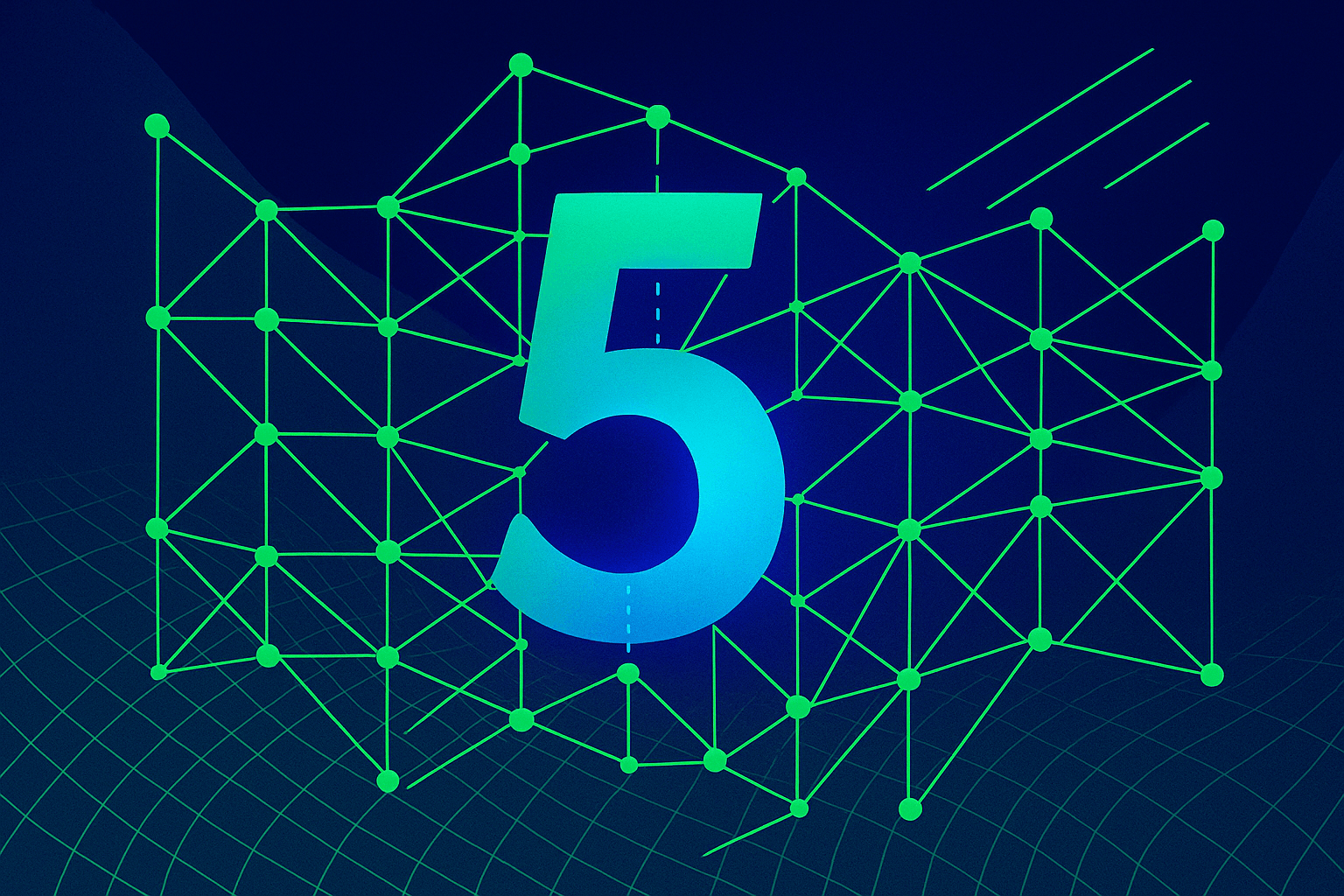OpenAI is preparing to release GPT-5, a successor to GPT-4, but internal evaluations suggest it may only offer modest upgrades, particularly in programming, math, and workflow automation. Unlike the significant leap from GPT-3 to GPT-4, the advancements in GPT-5 are seen as minor, with better user experience and compute management being notable yet limited improvements. Challenges include a stalled internal model and diminishing high-quality training data. The expectations of compelling features are tempered by predictions from AI experts that the Transformer architecture is near its limits. Furthermore, OpenAI’s exploration of reasoning models indicates potential but raises questions about generalization and energy efficiency. GPT-5 aims to enhance “agentic” systems for autonomous tasks, relying on reinforcement learning techniques to improve efficiency without adding significant compute costs. As the AI landscape evolves, GPT-5 may need to outperform competitors like Anthropic’s Claude models to maintain market momentum.
Source link
